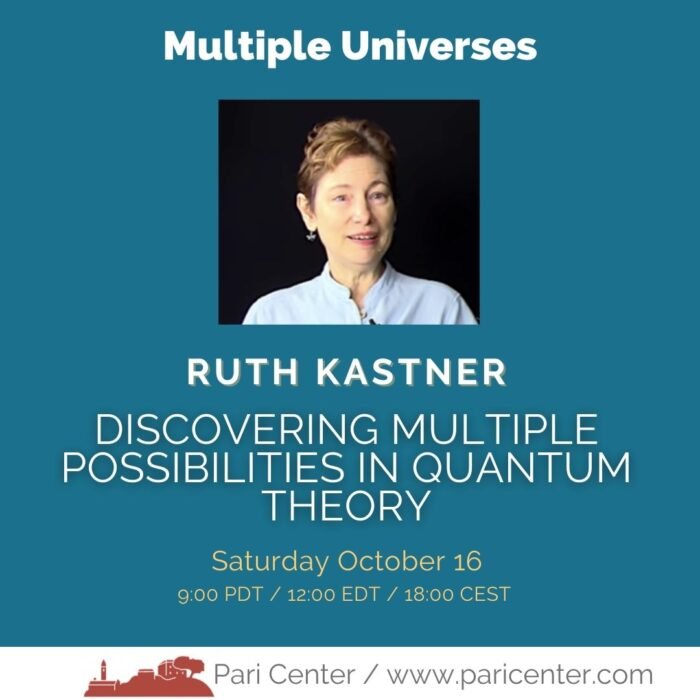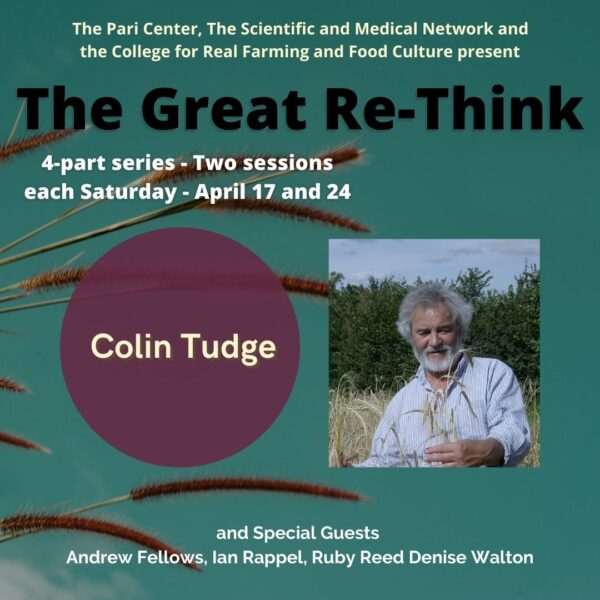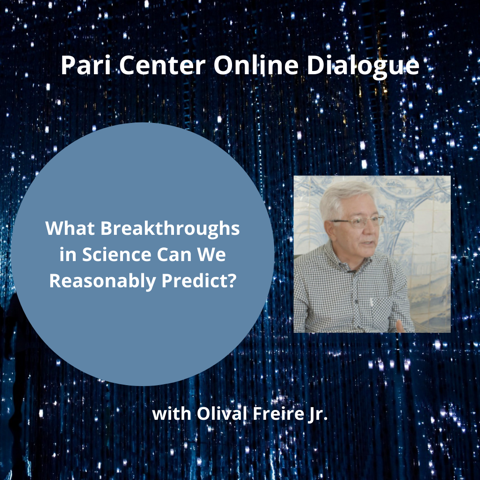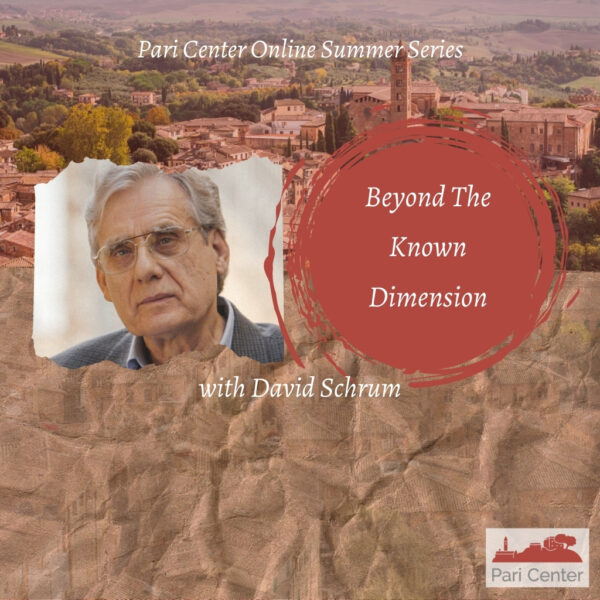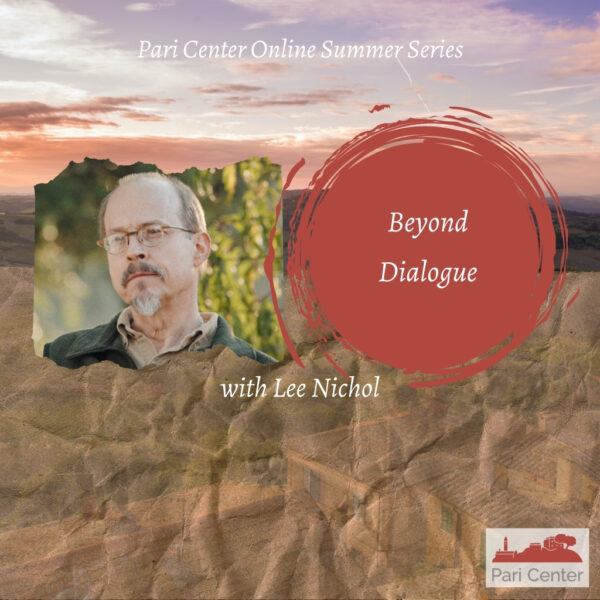Your cart is currently empty!
Discovering Multiple Possibilities in Quantum Theory with Ruth Kastner
10,00€
October 16, 2021 – Prof. Kastner discusess the need for a paradigm change in the way we think about the world. When she says ‘we,’ she means primarily the Western scientific tradition and its attendant metaphysical and epistemological background assumptions, which have led to intractable problems in making sense of quantum theory. Among the assumptions…

